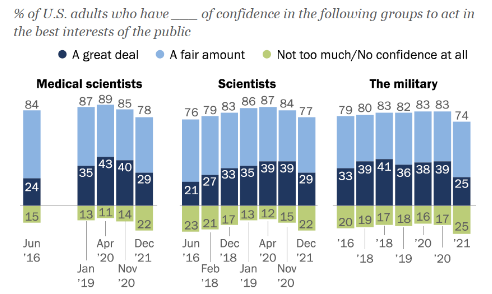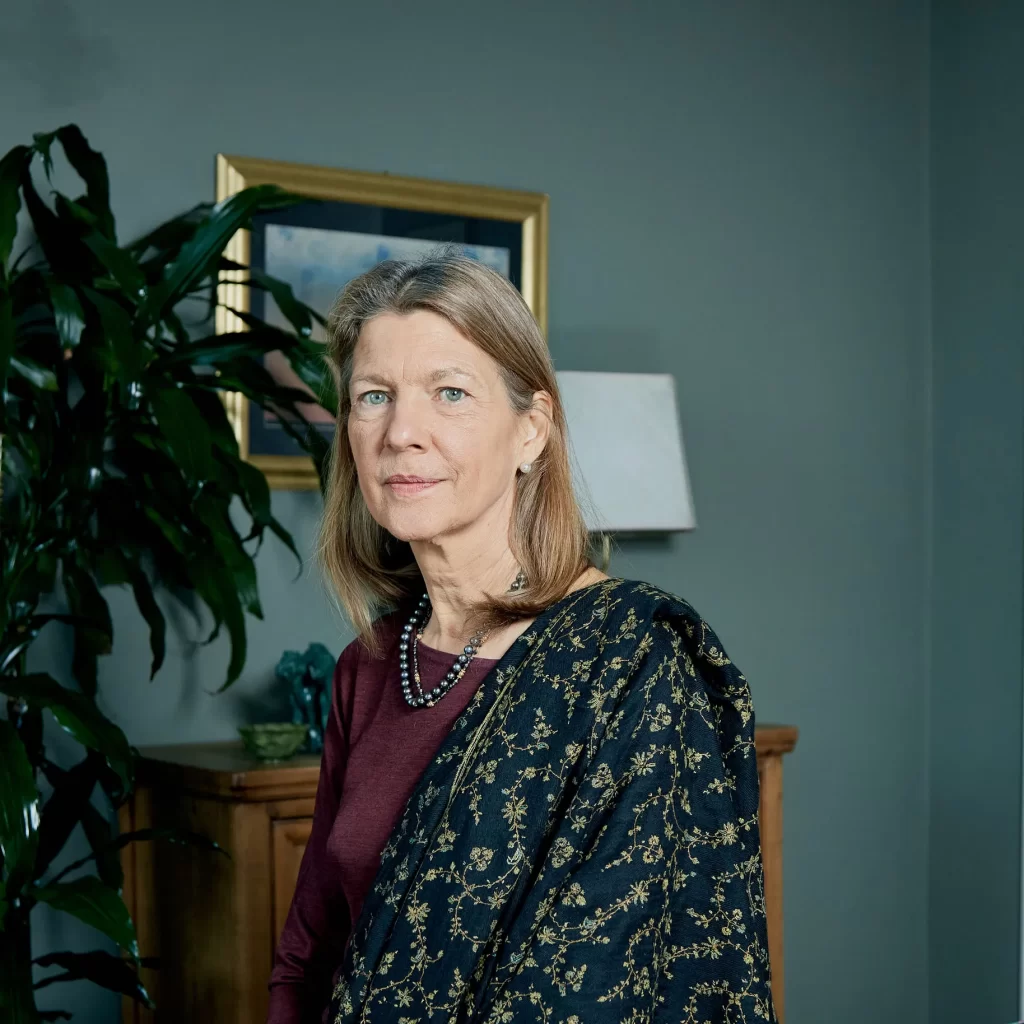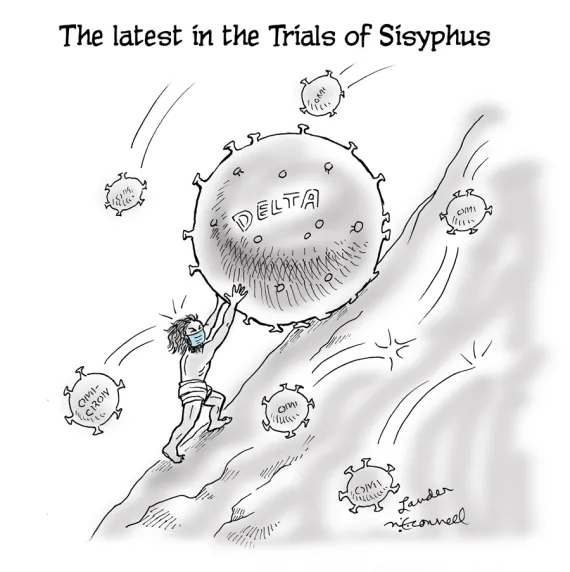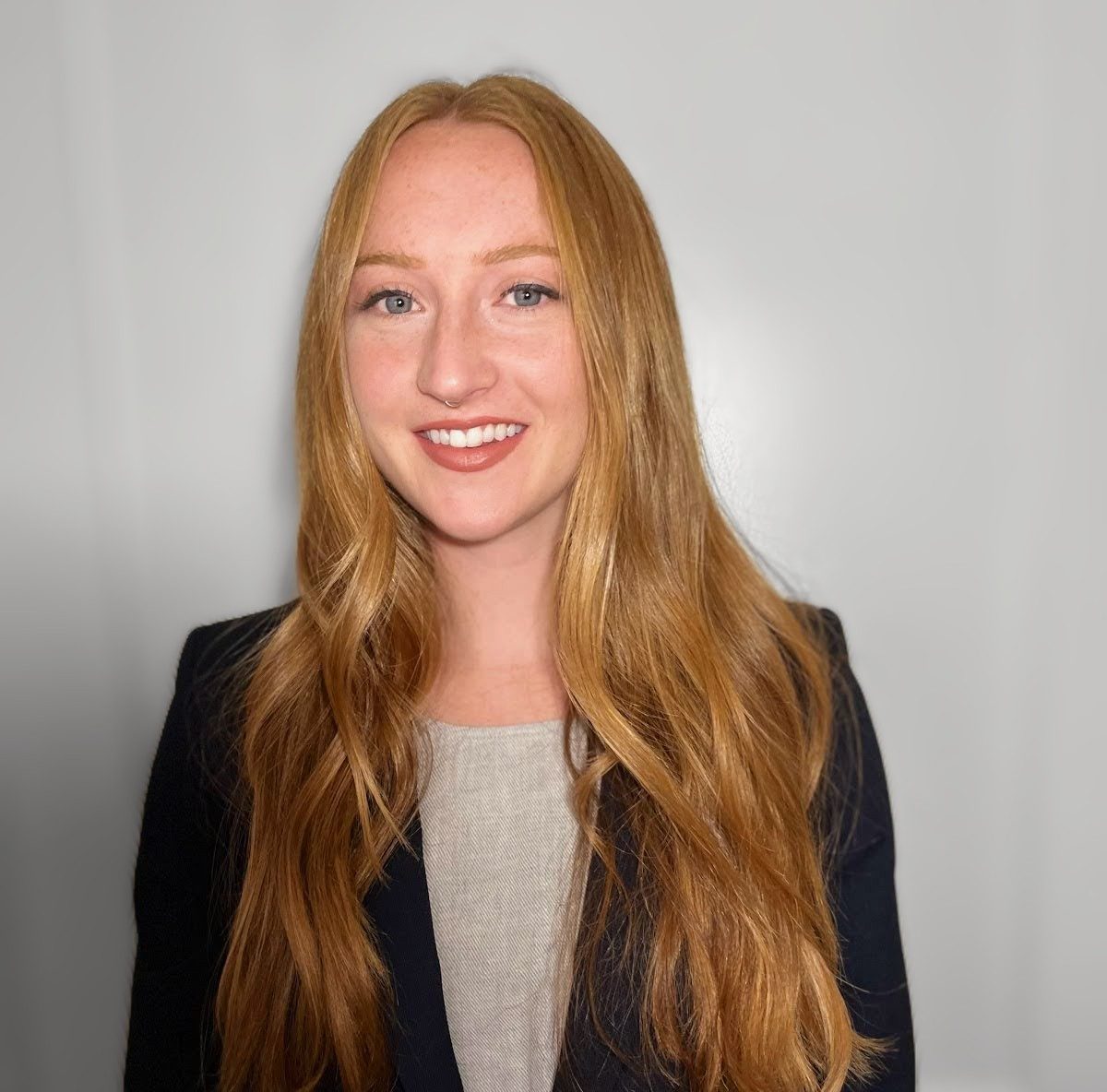As a woman, I am familiar with the gynecologist. In fact, thinking about it right now, I may need to create an appointment for one soon. However, I am not just a woman; I am a black woman, and in addition to being familiar with what the gynecologist is, I am also familiar with the dangers of the gynecologist. I know that if I were to become pregnant, I would be three times more likely to die by pregnancy-related causes compared with my white counterparts. This phenomenon is not new; in fact, it is a symptom of the racism within American Gynecology. The founding of this system is not pretty, or pure; it is ugly and distasteful, and during her lecture, historian Deirdre Cooper Owens explains it perfectly.

Cooper Owens is an associate professor of History and African studies at the University of Connecticut, and earlier this semester, she gave an insightful talk on how slavery and modern American gynecology are interconnected.
The controversial “father of gynecology” was J. Marion Sims, who experimented on enslaved women in Alabama. When talking about the racism in gynecology today and in the past, Sims mainly gets the blunt end of the stick. However, it was not just Sims; it was much bigger than him, Cooper Owens said.
Dr. Samual Cartwright was the first doctor for the Confederacy. Through his experiences with enslaved people, he believed that black people did not feel pain. Furthermore, he created a theory that if an enslaved person ran away or thought about running away, then they had a mental illness. Through the use of a spirometer (a medical tool still used today), he noted that black people have smaller lung capacity than white people. His findings were used to prove that there was a biological difference between races, which is not true.
This idea separated people and placed them in a hierarchy where white people were perceived as superior and black people inferior. The thought of this is damaging in itself, but back then, and sometimes now, they used this ideology as an excuse for the pain they caused African Americans.

Ephriam McDowell, for instance, removed a tumor from the ovaries of a white woman. From this, he then decided to “perfect” this surgery on five black women; four were enslaved, and one was freed. From this group, one person died, and other than that, there is no record of the women’s personal lives.
Dr. Francis M Prevost performed C-sections on enslaved people. These experiments did not take the pain of these women into account; due to the fact that he believed black people did not feel pain, but they did and still do. Now one would hope that a black woman’s relationship with C-sections has improved, but, from 1832 until two years ago, Louisiana was the state where a black woman’s body was used the most for a C-section. Today, that state is Mississippi.
John Peter Mettauer performed experiments on a white woman and a black woman. After the experiment, he claimed that the white woman was cured, but the black woman was not. As a result, he operated on the black woman eight times and claimed that if she did not have intercourse, she would have been cured. However, he failed to take into account that the woman was enslaved and had no control of her body autonomy. So how could she say no to both unwanted sexual encounters and to him?
Lastly, there is James Marion Sims, who is notorious for his contributions to American gynecology. However, such contributions were based on the bodies of enslaved women who had no choice. He used these experiments to advance his techniques and deepen his understanding of gynecology. In fact, it even went to the point where he built a hospital for the sole purpose of experimenting on enslaved women.

While the acts and experiments that these men conducted were atrocious, they raised a question for me, why black women? At that time, black people were viewed as an inferior race; they were not equal in physical components and intelligence compared to white people. Therefore, if they are genetically different, why experiment with black women to find cures for white women? When asking that question, the answer is obvious; they knew there was no difference, so they chose to ignore it. They chose to continuously bring harm to these women, and until recently, they were rewarded for it.

I learned a lot from this lecture, but if I had to choose only one thing that stuck with me, it would be that the victims of these heinous acts were only referred to as enslaved persons with no name and no story. The only story that was told was the point of view of those committing the acts.
I hope one day, the mortality rate of black women giving birth will decrease to the point that it is simply unheard of. Still, for society and our health system to reach that point, we must understand American gynecology’s true history.










 By Victoria Wilson, Class of 2023
By Victoria Wilson, Class of 2023